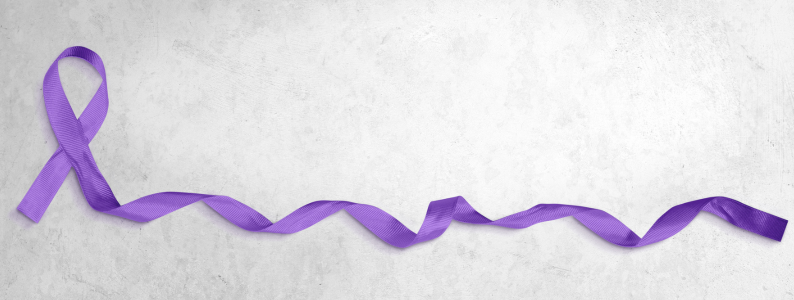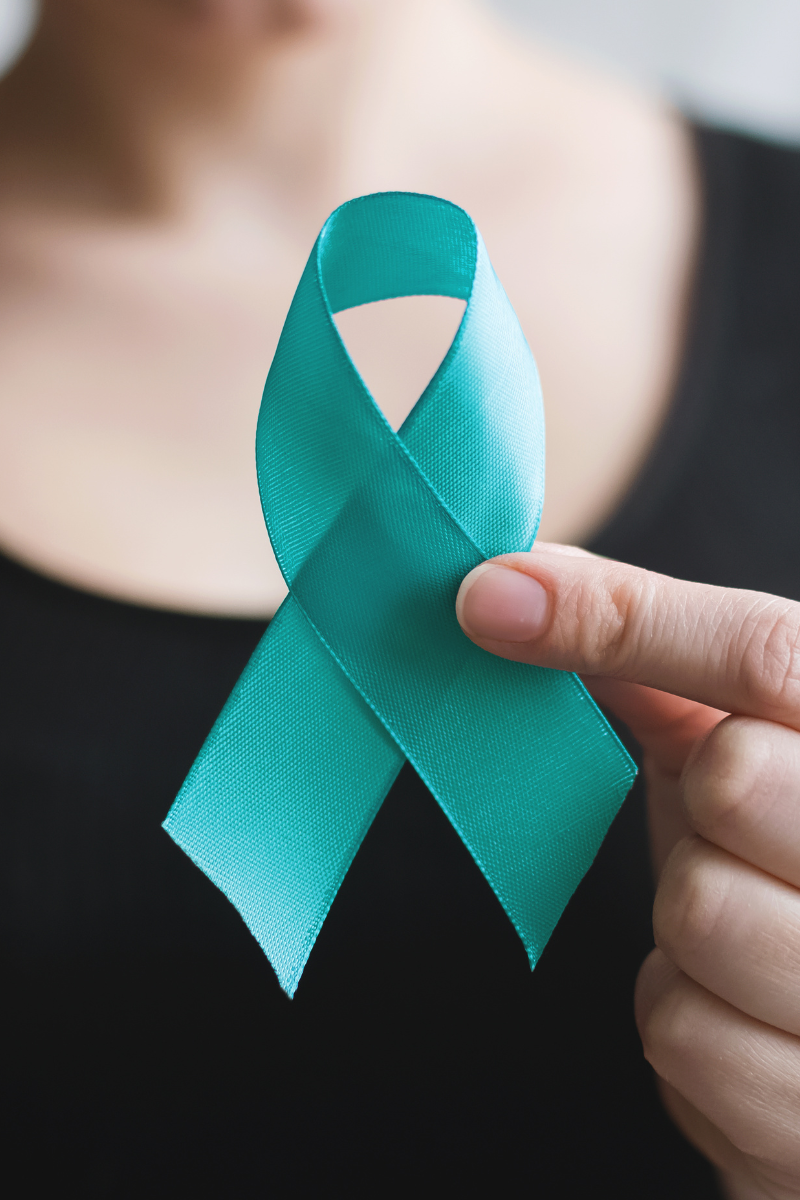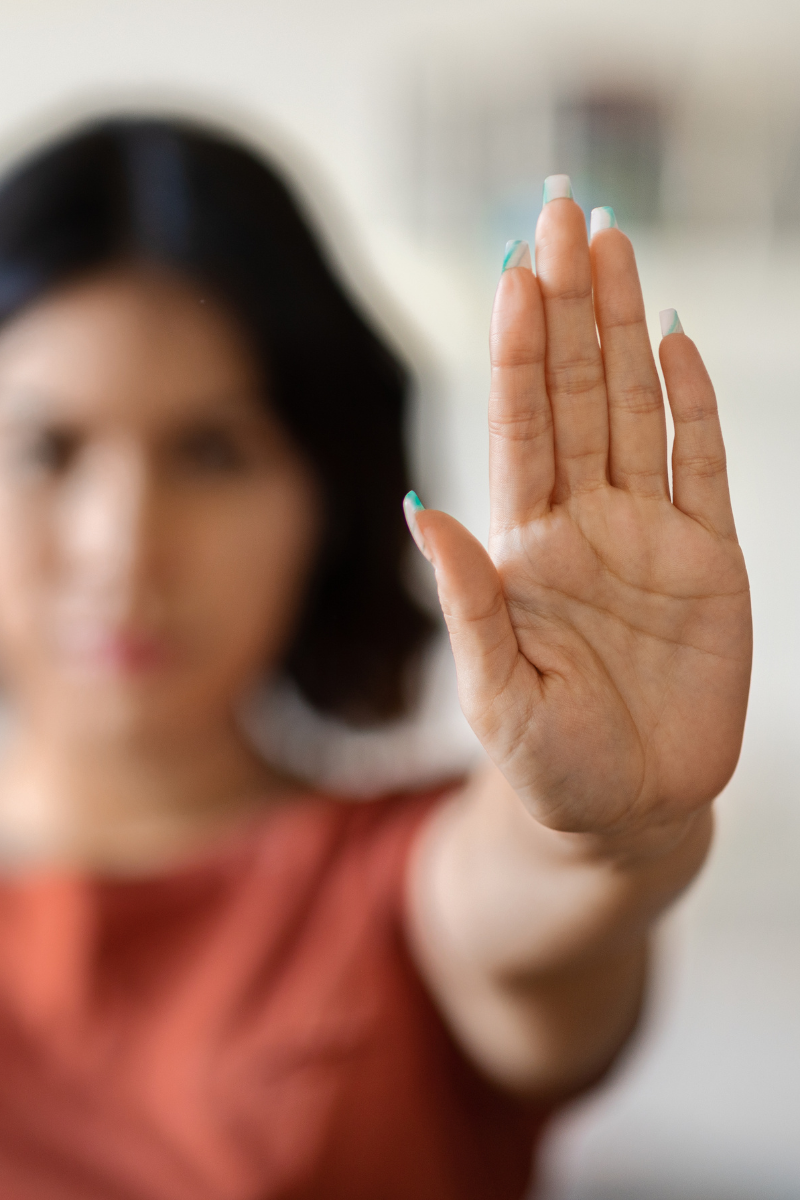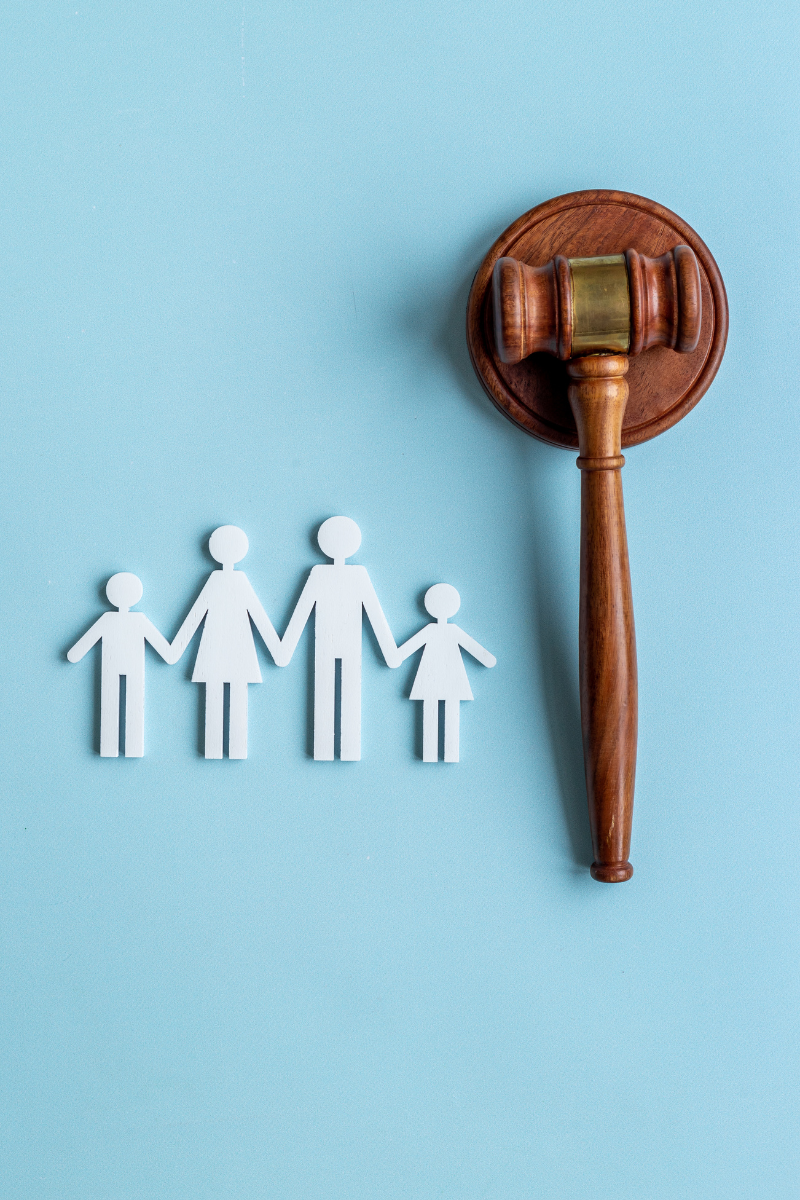Domestic Violence Awareness Month and Divorce in Illinois
October marks Domestic Violence Awareness Month, a time dedicated to raising awareness, offering support, and providing resources to those affected by abuse.
Domestic violence takes many forms, from physical harm to emotional and financial control, and it impacts individuals and families across all walks of life.
For those in Illinois facing abuse, the law provides a powerful safeguard: an Order of Protection. This legal measure can prohibit further abusive behavior and offer immediate relief through the Illinois Civil Court system. If you or a loved one needs help filing for an Order of Protection, Masters Law Group is here to guide you through every step of the process with compassion and experience.
Understanding Domestic Violence in Illinois
Domestic violence is more than physical abuse; it encompasses physical, emotional, psychological, and financial abuse.
Illinois law defines domestic violence as abuse committed by a family or household member, which includes spouses, former spouses, parents, children, and individuals who share or have shared a residence.
Common forms of abuse include:
- Physical abuse: hitting, slapping, pushing, or other forms of physical harm
- Emotional and psychological abuse: threats, intimidation, manipulation, humiliation, and controlling behavior
- Financial abuse: restricting access to money, interfering with employment, or forcing financial dependency
Many victims feel trapped due to fear, isolation, or financial dependence. Recognizing the signs of abuse is critical to seeking help and protecting both oneself and children who may also be affected.
Domestic Violence and Divorce: How the Two Intersect
Illinois is a no-fault divorce state, meaning that either party can request a divorce without proving wrongdoing. However, the presence of domestic violence can have a significant impact on key areas of divorce, including:
1. Parenting Plans and Parenting Time
Courts in Illinois prioritize the best interests of the child. Evidence of domestic violence can affect:
- Parenting Plan Decisions: Courts may limit the abusive spouse’s allocation of parental responsibilities or require supervised visitation.
- Parenting Time Arrangements: To ensure a child’s safety, parenting time schedules may be modified.
- Protective Measures: Orders of protection can include specific provisions regarding the child’s contact with the abusive parent.
Ensuring that children are protected is always a top priority for the court when domestic violence is present.
2. Division of Marital Assets and Liabilities
While Illinois courts aim for a just and equitable division of marital property, domestic violence can influence this process. For example:
- If one spouse used marital assets to control or harm the other, the court may adjust the division accordingly.
- Financial abuse, such as depleting savings or forcing debt accumulation, can be considered when distributing property and debts.
3. Spousal Maintenance (Alimony)
Victims who have been financially controlled or harmed may require spousal maintenance to achieve independence after divorce. Illinois courts may award spousal support (alimony), taking into account:
- The duration of the marriage
- The standard of living during the marriage
- The financial harm caused by domestic abuse
Legal Protections for Domestic Violence Victims in Illinois
Illinois law provides several avenues to protect victims of domestic violence:
Orders of Protection
An Order of Protection (OP) is a legal document that prohibits the abuser from:
- Contacting or approaching the victim
- Entering shared residences
- Interfering with parenting plans
OPs can be temporary (emergency relief) or plenary (long-term) and can include financial support, allocation of parental responsibilities, and restrictions on communication.
Legal Aid and Advocacy Services
Illinois has a robust network of organizations that provide free or low-cost legal support:
- Illinois Coalition Against Domestic Violence (ICADV): Offers legal assistance, advocacy, and referrals
- Local Legal Aid Offices: Provide help filing orders of protection, divorce, and parenting plan matters
Hotlines and Shelters
Victims have access to emergency hotlines and shelters that offer safety and support:
- Illinois Domestic Violence Hotline: 24/7 support and crisis intervention
- Safe Shelters: Provide temporary housing, counseling, and assistance for rebuilding independence
Understanding Orders of Protection in Illinois
For individuals and families facing domestic violence, one of the most important legal tools available is an Order of Protection. In Illinois, an Order of Protection is a court order designed to prevent further acts of abuse and provide safety for victims and their loved ones. While every situation is unique, understanding how these orders work can help empower individuals to take steps toward protection and healing.
What Does an Order of Protection Do?
An Order of Protection can prohibit an abuser from:
- Continuing abusive behavior, such as physical violence, harassment, or stalking.
- Entering or remaining in the victim’s home, workplace, or school.
- Contacting the victim in any way, including phone calls, texts, emails, or through third parties.
- Possessing firearms, depending on the circumstances.
In some cases, an order can also provide temporary custody of children, require the abuser to attend counseling, or grant other protections specific to the family’s needs.
Types of Orders of Protection
Illinois law recognizes different types of Orders of Protection depending on the urgency of the situation:
- Emergency Orders of Protection (EOP):
- Can be issued immediately without the abuser present (known as ex parte).
- Last up to 21 days.
- Provide urgent protection in dangerous situations.
- Can be issued immediately without the abuser present (known as ex parte).
- Interim Orders of Protection:
- Typically issued after an emergency order, once the abuser has been given notice.
- Last up to 30 days.
- Typically issued after an emergency order, once the abuser has been given notice.
- Plenary Orders of Protection:
- Issued after a full court hearing where both parties have the opportunity to present their case.
- Can last up to two years and may be extended if needed.
- Issued after a full court hearing where both parties have the opportunity to present their case.
Who Can File?
Orders of Protection in Illinois are not limited to spouses. Under the Illinois Domestic Violence Act (IDVA), eligible petitioners include:
- Current or former spouses.
- Individuals in a dating or engagement relationship.
- Parents, children, and stepchildren.
- Persons who live together or have lived together.
- Individuals with disabilities and their caregivers.
How to Obtain an Order of Protection
The process generally involves filing a petition with the court, providing detailed information about the abuse, and appearing before a judge. Because these situations can be emotionally overwhelming, working with an experienced family law attorney can ensure the petition is filed correctly and that the victim’s rights are fully protected throughout the process.
Why Legal Guidance Matters
While Orders of Protection are powerful tools, the process of obtaining and enforcing one can be complex. At Masters Law Group, our attorneys help clients:
- File petitions swiftly and accurately.
- Present evidence to the court effectively.
- Navigate related issues, such as child custody or divorce proceedings.
- Ensure the order is enforced if it is violated.
Taking action can be daunting, but no one should face abuse without support. Having a knowledgeable legal advocate can make all the difference in securing safety and peace of mind.
Community Awareness During Domestic Violence Awareness Month
October is not only a time to support victims but also to educate the public and raise awareness. Communities across Illinois host events and initiatives such as:
- Light Up the Lakefront (Chicago): Hosted by Between Friends, this event illuminates the lakefront to highlight domestic violence awareness.
- Silent Witness Exhibit: Displays silhouettes representing victims who lost their lives to domestic violence, serving as a powerful reminder of the stakes.
- Survivor Panels and Marches: Organizations like Family Rescue Inc. host marches and panels where survivors share their stories and advocate for change.
These events are critical for fostering community awareness, encouraging prevention, and helping ensure victims know resources are available.
How Masters Law Group Can Help
Navigating a divorce while facing domestic violence is overwhelming. At Masters Law Group, we’re experienced in supporting clients through family law matters, particularly when domestic violence is involved. Here’s how we assist:
1. Comprehensive Legal Guidance
Our attorneys provide step-by-step guidance through:
- Filing for divorce while helping to ensure your safety
- Negotiating parenting plans that help protect children
We understand the unique challenges faced by survivors and help ensure that the law works to safeguard both you and your family.
2. Advocacy in Court
Our experienced attorneys are prepared to:
- Represent you in contested parenting plan or support hearings
- Present evidence of abuse effectively to the court
- Work with forensic experts or counselors to strengthen your case
3. Protecting Financial Interests
Domestic violence often involves financial abuse. We help clients:
- Ensure equitable division of property
- Recover assets that may have been misused or hidden
- Pursue spousal maintenance if necessary
4. Emotional Support and Referrals
We recognize that legal challenges are intertwined with emotional trauma. We:
- Connect clients with counseling and advocacy services
- Help access emergency resources like shelters and hotlines
- Provide guidance on safety planning
At Masters Law Group, our approach is not just legal; it’s holistic, focused on protecting your rights while helping ensure your well-being.
Steps to Take If You Are Experiencing Domestic Violence in Illinois
If you or a loved one is experiencing domestic violence, consider taking the following steps:
- Ensure Immediate Safety: Find a safe location or contact law enforcement.
- Seek Medical Attention if Needed: Document injuries for your protection.
- Reach Out to Legal Support: Contact an attorney experienced in family law and domestic violence cases.
- Consider an Order of Protection: Temporary or long-term orders can prevent contact and establish legal boundaries.
- Gather Documentation: Keep records of abusive incidents, communications, financial transactions, and any evidence relevant to divorce or parenting plan proceedings.
Remember, seeking help is a sign of strength, and you are not alone.
Resources for Illinois Residents
- Illinois Domestic Violence Hotline: 1-877-863-6338
- Illinois Coalition Against Domestic Violence (ICADV): icadv.org
- Legal Aid Chicago: legalaidchicago.org
- Family Rescue Inc.: familyrescueinc.org
Final Thoughts
Domestic Violence Awareness Month is a critical time to reflect on the pervasive issue of domestic violence and its impact on families, particularly during divorce. In Illinois, victims of domestic violence have access to legal protections, community resources, and organizations dedicated to support and advocacy.
Divorce, parenting plan disputes, and financial matters can be further complicated by the presence of abuse. Masters Law Group is dedicated to guiding victims through these challenges, offering both legal expertise and compassionate support. We help clients secure safety, protect their rights, and pursue a fair and just outcome.
If you or someone you know is facing domestic violence, don’t wait. Reach out for help today. Your safety, your family, and your future are worth protecting, and Masters Law Group is here to guide you every step of the way.
Domestic Violence FAQs
1. What qualifies as domestic violence under Illinois law?
Domestic violence in Illinois includes physical, emotional, psychological, or financial abuse committed by a family or household member. This can include spouses, former spouses, parents, children, or anyone who shares or has shared a residence. Abuse doesn’t have to be physical; controlling behavior, threats, and financial manipulation also qualify.
2. Can domestic violence affect parenting plan decisions during a divorce?
Yes. Illinois courts prioritize the best interests of the child, and evidence of domestic violence can influence parenting plans and parenting time. Courts may limit the abusive parent’s visitation, require supervised visits, or implement other protective measures to help ensure the child’s safety.
3. What legal protections are available for domestic violence victims in Illinois?
Victims can pursue Orders of Protection (temporary or plenary) to prevent the abuser from contacting them. Additionally, organizations like the Illinois Coalition Against Domestic Violence (ICADV) offer legal support, advocacy, and access to shelters and counseling services.
4. How can domestic violence impact the division of property and alimony?
If one spouse engaged in financial abuse or other harmful behavior, the court may consider this when dividing assets, debts, and awarding spousal maintenance. Courts aim for a just and equitable division, and financial harm caused by abuse can influence these decisions.
5. How can Masters Law Group help victims of domestic violence during divorce proceedings?
Masters Law Group provides comprehensive legal guidance, court representation, and advocacy for victims of domestic violence. We help clients secure Orders of Protection, navigate parenting plans and financial matters, and access community resources while prioritizing safety, well-being, and fair legal outcomes.
Disclaimer: This blog is for informational purposes only and does not constitute legal advice. If you need legal assistance, please contact the qualified attorneys at Masters Law Group. Our firm can help you handle your family law case in Illinois, including divorce, custody, and mediation services.








